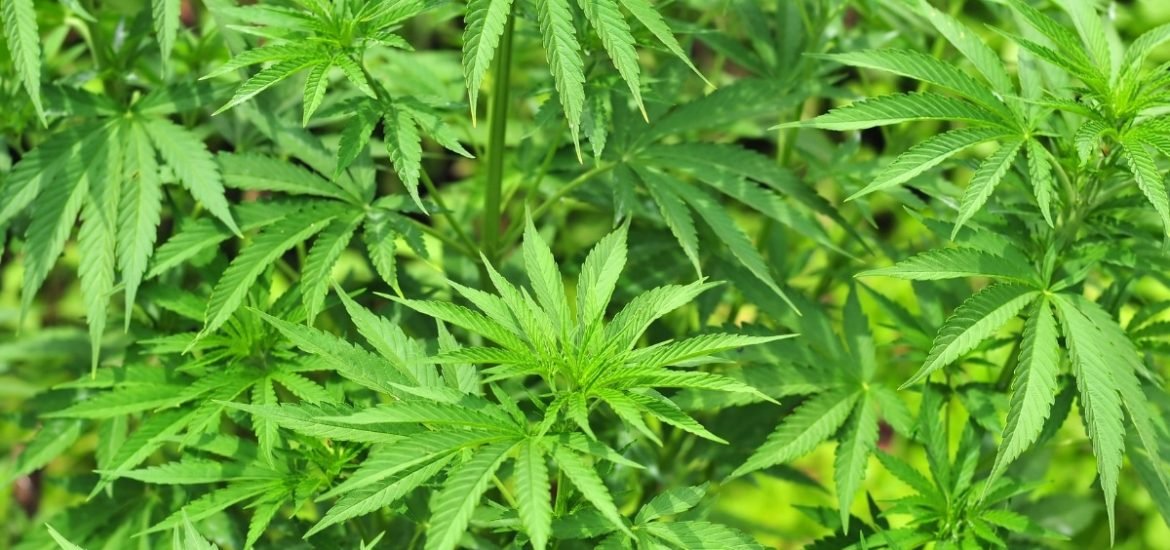
From 1 November, doctors in the UK have been given the go-ahead by the government to prescribe cannabis to patients who demonstrate “an unmet clinical need.” The legalisation will allow medical cannabis―more specifically, therapeutics that contain tetrahydrocannabinol (THC), the main psychoactive ingredient in cannabis―to be used for a range of medical treatments.
Over the past decade, the medicinal benefits of cannabis products have received growing recognition from the medical community, and drug policy campaigners have long been pushing for its legalisation. The move was further accelerated by the high-profile Billy Caldwell case. The 12-year-old patient with severe epilepsy was denied his life-saving cannabinoid products―cannabis oil can effectively control seizures in a way no other medication can. In June 2018, the confiscation of his cannabis products led to a public backlash against the strict government policy.
Changes to the scheduling of the drug under the Misuse of Drugs Act of 2001 were announced by UK Home Secretary Sajid Javid in July. The drug was formerly in schedule one, substances labelled it as having “no medical value,” but is now in schedule two. Three conditions must be met before a product can be prescribed: cannabis- or cannabinoid-derived, for medical purposes, and fit for human consumption.
Research suggests that in the UK, more than 30,000 people have been breaking the law to acquire cannabis for medical purposes. However, according to Alex Stevens, a member of the UK government’s independent Advisory Council on the Misuse of Drugs, “very few people will benefit” as a result of the “restrictive” guidance of the UK government. The changes will only benefit a small cohort of patients and the rest will still be forced to continue sourcing cannabis illegally to manage their symptoms.
The change in UK government policy is part of a wave of countries around the world decriminalising and legalising marijuana. Last June, Canada become the second country to fully legalise marijuana, following Uruguay last year. The US, Chile, as well as some parts of Australia and India allow limited use of medical marijuana. In March 2017, the German parliament voted for the legalization of cannabis for medicinal purposes and other EU member states have been closely monitoring the progress of Germany, a country with one of the most conservative narcotics laws in Europe.
Unfortunately, once the legislative hurdles have been overcome, a number of challenges still remain. Cannabis-based medical products have to go through a long and costly regulatory process to prove their effectiveness and ensure the plant has been cultivated to certain standards. So far, the European Medical Agency has approved four medicinal cannabis products, but there is no evidence to suggest this will make the process any quicker in the UK.
Furthermore, those doctors entitled to prescribe the drug have had no training in this area and may be reluctant to give it to vulnerable patients. According to the Independent, many doctors have said they will not prescribe the drug because there is no support in place for them if something goes wrong. Despite the thorny road that lies ahead, the legislative change is sure to clear a path for more beneficial clinical research.